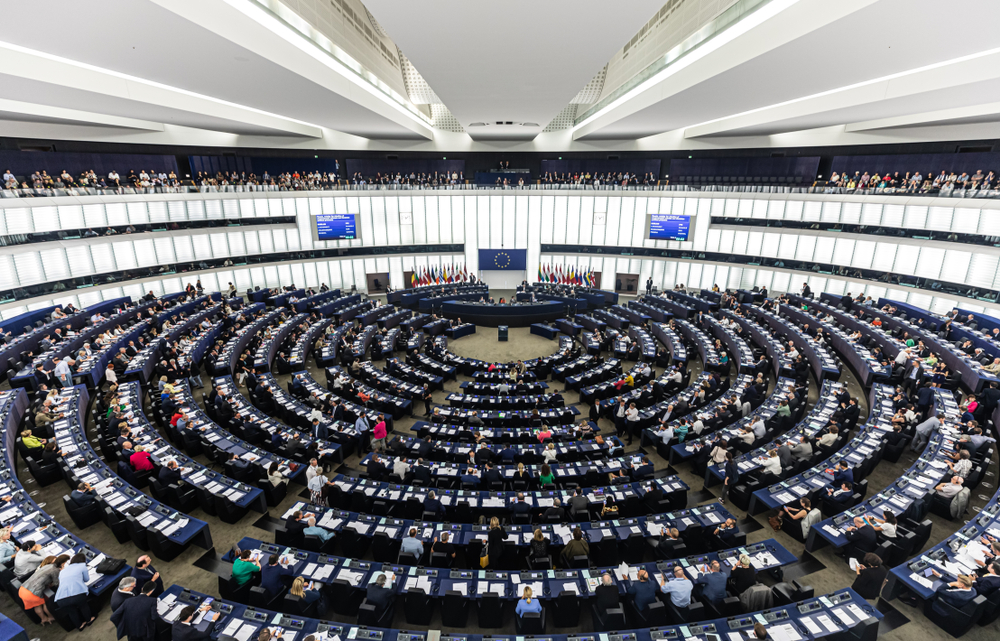European lawmakers approved plans on Wednesday to remove the national veto for EU member states in the latest attempted power grab by Brussels to wrestle control away from national governments.
A total of 291 MEPs supported the proposal put forward by the “Verhofstadt Group,” a group of MEPs led by the arch-federalist Guy Verhofstadt to amend the European Union treaties in favor of greater centralization and limiting the sovereignty of member states.
The vote was only narrowly passed with a majority of just 17 after a faction of conservative parliamentary groups expressed considerable opposition to the move.
In the plenary debate on the matter on Tuesday, Verhofstadt claimed that veto rights had been used by member states disillusioned with the European Union’s trajectory to “blackmail” the bloc, a thinly veiled jibe at Hungarian Prime Minister Viktor Orbán, who has refused to sanction the European Union’s proposed amendments to the bloc’s collective budget to further finance the Ukrainian war effort.
In response, a former co-rapporteur to the Verhofstadt Group, Polish MEP Jacek Saryusz-Wolski, accused federalists in the European Parliament of attempting “to transform the EU into a superstate,” continuing his opposition to the plans outlined in a recent interview with Remix News.
[pp id=97305]
Saryusz-Wolski resigned from the working committee led by Verhofstadt in protest at the development of the plan that would further politicize the European Commission, give Eurocrats sole competency over several issues including the environment, education, and public health, and remove the need for unanimity among member states in key policy areas.
The Polish MEP called the move “a silent putsch with communist roots.”
Vice Chairman of the European Conservatives and Reformists (ECR) group Rob Roos, contrasted the vote on Wednesday with the Dutch election being held on the same day, posting on X: “Today the festival of democracy takes place in the Netherlands, but in Strasbourg our democracy is being buried.
“A European Parliament majority just voted for the abolition of the Netherlands’ veto in many areas. Vote for a party that defends our veto!” he added.
The resolution in reality changes little. It gives an insight into the consensus of the parliament but treaty change ultimately remains a matter upon which unanimity among member state governments is required.
Hungary and Poland, even under a potential liberal government led by Donald Tusk, remain opposed to the plans, and several other nations have expressed significant concern over what many critics believe to be another power grab that will serve the interests of larger member states and transfer further sovereignty from member state capitals to Brussels.






